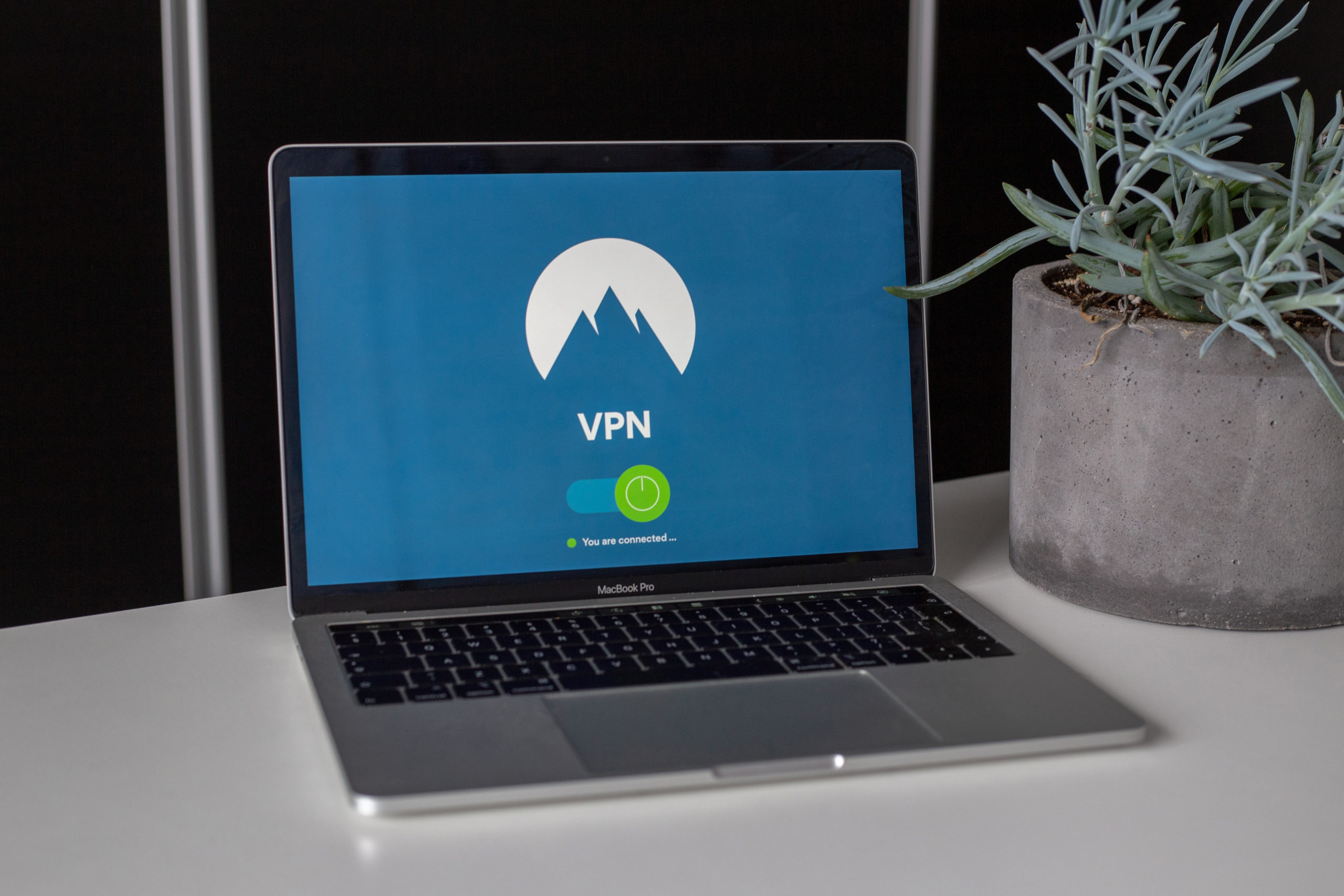VPN Terms Everyone Should Know
Posted: August 25, 2020
[caption id="attachment_38167" align="alignright" width="439"] Photo by Gem Fortune from Pexels[/caption]
Most bigger companies are familiar with VPNs and the protection they offer. But now, with more people working remotely and from potentially unsecured locations, anyone can benefit from VPN service. A VPN is a more secure way to connect to the internet and can be used for work, banking, or anything that requires entering sensitive personal information - especially when you're in a shared, public network environment. The language surrounding VPNs and what services they offer can be confusing, and this guide will help you cut the confusion and choose the right service.
Rae Hodge, staff writer for CNET, shares the VPN terms that everyone should know.
Photo by Gem Fortune from Pexels[/caption]
Most bigger companies are familiar with VPNs and the protection they offer. But now, with more people working remotely and from potentially unsecured locations, anyone can benefit from VPN service. A VPN is a more secure way to connect to the internet and can be used for work, banking, or anything that requires entering sensitive personal information - especially when you're in a shared, public network environment. The language surrounding VPNs and what services they offer can be confusing, and this guide will help you cut the confusion and choose the right service.
Rae Hodge, staff writer for CNET, shares the VPN terms that everyone should know.
All the VPN terms you need to know
This VPN glossary gives you useful terms and what they mean for your privacy.A virtual private network is a way of connecting to the internet in a more secure or private way, by sending your data through an encrypted tunnel and hiding your true IP address -- making it harder for someone to track your online activity.
In a business environment, VPNs are often used by employees who are working remotely and need to access their company's intranet securely. Beyond that, most VPNs are used for one or more of the following purposes: to bypass internet censorship in countries without free speech; to bypass geography-based restrictions on streaming services like Netflix; to secure privacy while using peer-to-peer networks for torrenting; to hide internet activity from local network moderators such as those on a college campus; or to securely transmit user login credentials on public Wi-Fi when using outdated apps or operating systems.
When deciding on a new VPN service, the following terms can help you navigate the field and understand what a provider offers. Read the entire article, All the VPN terms you need to know, on CNET.